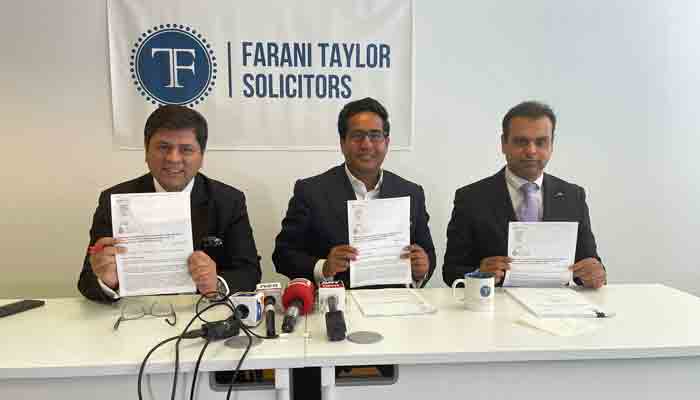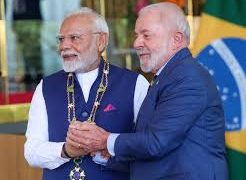LONDON: The Pakistan International Airlines (PIA) has won a landmark case at the Supreme Court of England after five judges unanimously ruled that Pakistani national airliner was right to use lawful act under economic duress on a British Pakistani travel agent while enforcing a new contract for sales of tickets to Pakistan in 2012.
The Supreme Court of England has ruled in the landmark decision that the doctrine of a lawful act of duress is of narrow scope and it did not apply in the case brought against Pakistan International Airlines Corporation (PIAC) by a Birmingham based British Pakistani travel agent.
Farani Taylor Solicitors represented PIA in the long-running case against the claimant Times Travel – a small family-owned travel agency in Birmingham.
According to English law, the economic duress occurs when illegitimate economic pressure is exerted so that the weaker party has no other practical option but to agree to enter into a contract or accept particular terms.
In the Pakistan International Airline Corporation v Times Travel case, the question before the five judges was to decide whether economic duress can arise in a situation where a party makes lawful acts or threats in support of a demand which it genuinely believes it is entitled to make.
The Birmingham-based firm argued that it was subjected to economic pressure in 2012 and forced into signing a new contract without paying the commission – setting out the claim for payment of a huge sum of commission retrospectively.

After the judgment was released, Managing Partner Farhan Farani of Farani Taylor Solicitors told Geo and The News that the impact of the judgment is enormously huge in English Law. He said the case is of such serious nature that even the governments of Russia and Ukraine had intervened in the matter as this judgment will have an impact on their case as well.
He added: “This decision effectively resets the boundaries of duress and will have major ramifications for commercial negotiations. The ruling is a defining moment for commercial negotiators.”
The PIA’s lawyers had argued in the Supreme Court before five justices that PIA acted lawfully when it terminated its contract with its UK-based Pakistani agents, offering them a new contract. The agents were claiming commissions on fuel surcharge as part of the tickets they had sold.
The ruling for PIA means that it will not have to pay commissions retrospectively for the fuel surcharge part of the tickets.
















































